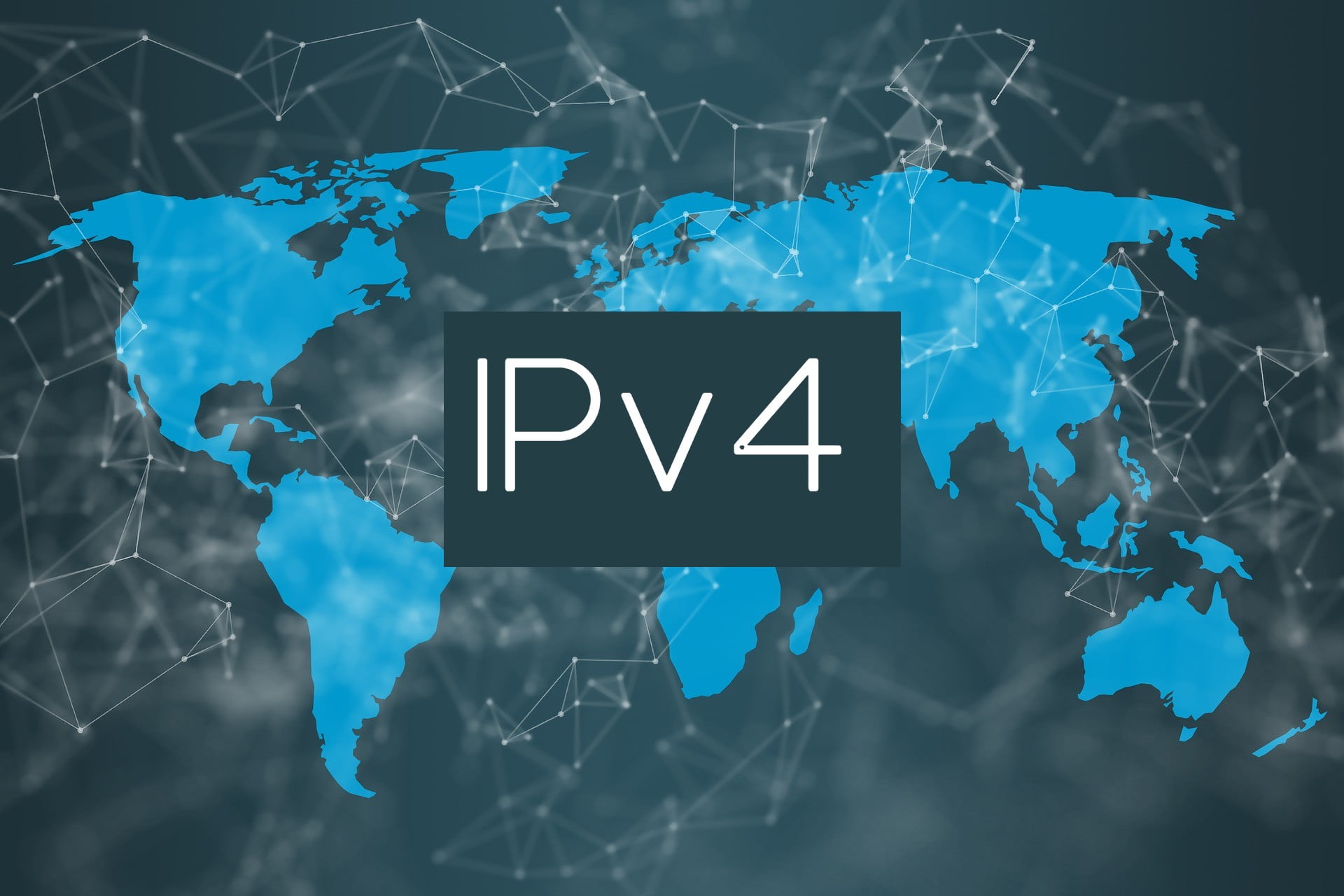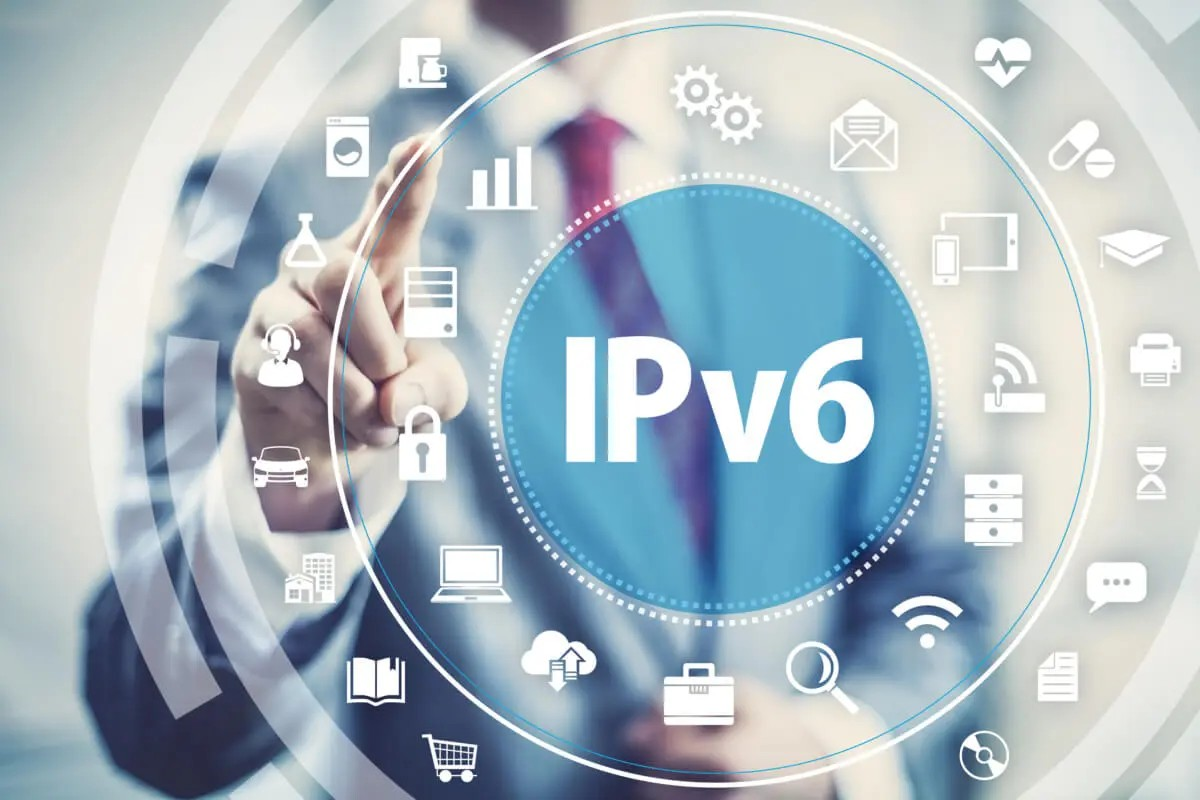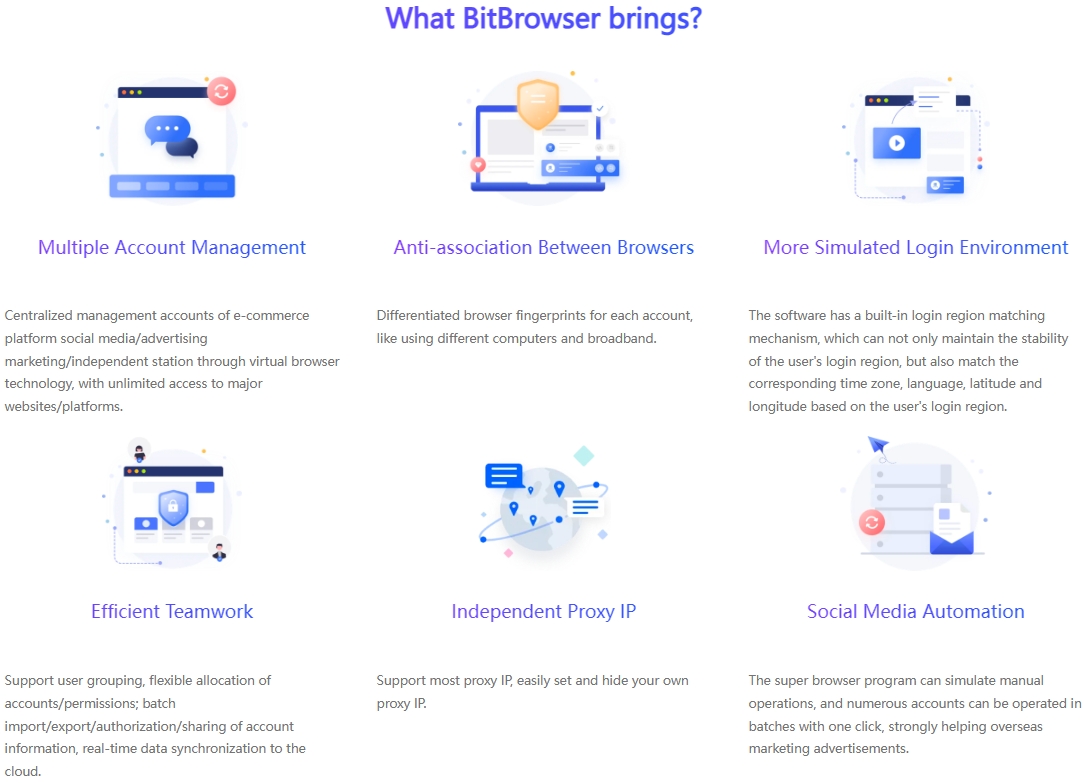Popular Use Cases Release Notes Resources
How should you choose an agent? About IPV4 and IPV6
Time: 2024-04-29 17:48 Click:
The proxy server plays an important intermediary role between users and Internet resources, providing users with an anonymous, secure and stable connection environment. Proxy servers serve several important functions. First, they form a barrier between users and Internet resources, helping users hide their real IP addresses and achieve anonymity. Second, the proxy server can cache web pages and resources, thereby reducing the burden on the network and improving the speed of data access. In the last issue, we shared the difference between SOCKS and HTTPS proxies. This article brings you what are the differences between IPV4 and IPV6 proxy servers? How to choose?
IPv4 (Internet Protocol version 4)

IPv4, as the first widely used version of the Internet protocol, was proposed by DARPA in 1981 and gradually deployed in subsequent years. It represents a 32-bit address system, which consists of a network address and a host address and is used to identify every device on the Internet. IPv4 addresses are usually expressed in dotted decimal form, that is, four numbers between 0 and 255 separated by dots (.), such as "192.168.1.1". Although IPv4 has played a huge role in the past few decades, with the explosive growth in the number of Internet devices, its limited address space has gradually become stretched.
IPv6 (Internet Protocol version 6)

IPv6, as the successor to IPv4, was designed by the Internet Engineering Task Force (IETF) in 1995 and began to be gradually deployed in the early 21st century. IPv6 adopts a 128-bit address system, which greatly expands the available address space, allowing almost every physical device to have an independent IP address. IPv6 addresses are usually expressed as colon-separated hexadecimal numbers, such as "2001:0db8:85a3:0000:0000:8a2e:0370:7334". In addition to the expansion of the address space, IPv6 also has many built-in security features, such as authentication and data encryption, further improving network security.
Advantages of IPv6
1. Its huge address space is enough to cope with the growth of Internet devices in the future, eliminating the hidden danger of address exhaustion.
2. The built-in security features of IPv6 make network communications more secure and reliable. In addition, the header structure of IPv6 is simpler, which improves the efficiency of data transmission.
3. Pv6 also supports more flexible address configuration methods, such as automatic configuration and renumbering, which reduces the complexity of network management.
The difference between IPv4 and IPv6
There are significant differences between IPv4 and IPv6 in many aspects.
1. In terms of address length, IPv4 uses 32-bit addresses, while IPv6 uses 128-bit addresses.
2. In terms of address representation, IPv4 uses dotted decimal, while IPv6 uses colon-separated hexadecimal.
3. There are also obvious differences between the two in terms of security, header structure, and address configuration methods. IPv4 relies on external security mechanisms, while IPv6 has built-in security features; the header structure of IPv4 is relatively complex, while IPv6 is more concise; IPv4 mainly supports manual and DHCP address configuration, while IPv6 supports automatic and renumbered address configuration.
Why do we need two IP versions?

Although the maximum number of IPv4 addresses may seem like a lot, it is not enough to accommodate all the connected devices in the world, especially with the rise of Internet of Things (IoT) devices. That's why IPv6 satisfies the need for more Internet addresses. However, as the world starts to move towards this protocol, there is still a need to use IPv4. While many major content providers such as Facebook and Netflix are now accessible over IPv6, only 19.1% of Alexa's top 10 million websites are accessible over the protocol, indicating that full IPv6 adoption is still a long way off.
When choosing a proxy, should you choose IPV4 or IPV6?
1. When the platforms you rely on, such as Gleam, Etsy, eBay, etc., do not support IPv6 access, it is crucial to use IPv4 because it is a necessary condition for accessing these websites.
2. Although websites such as Google and Facebook allow IPv6 access, they will perform additional verification and checks on IPv6 connections, which may increase the risk of account suspension. In this case, if account security is the primary concern, it may be more secure to use IPv4.
3. In terms of pricing, IPv4 and IPv6 proxy prices may vary from provider to provider. Typically, IPv6 proxies are relatively cheaper.
Overall, IPV4 has wider practicality and is more suitable for most e-commerce and social media marketing users. When choosing, pure and exclusive IPv4 is more reliable. Of course, the decisive factor when choosing an agent is not just this. When choosing an agent, you should also pay attention to the area of the agent, the type of agent such as home agent, sockets agent, cloud platform agent, etc., as well as the price difference of the agent. For different Different industries have different things to pay attention to when choosing an agent. It is best to choose a suitable agent.
Of course, for e-commerce sellers or social media operators, only having an agent is not enough. Whether it is e-commerce platforms such as Amazon and eBay, or social media platforms such as Facebook and Instagram, just using an agent cannot completely hide your true identity. For identity information, in their eyes, they can still determine your real information through another thing-browser fingerprint. The browser fingerprint information includes user agent string, screen resolution, time zone, language settings, plug-in information, and fonts. By comparing information, browser features, hardware information, IP addresses, etc., the e-commerce platform can still determine that the accounts are from the same person, which will lead to correlation and risk of banning.
How to prevent browser fingerprint association?
In order to prevent browser fingerprints from being detected and deeply protect the user's Internet identity, BitBrowser, a browser dedicated to browser fingerprint anti-detection, was born. BitBrowser can simulate browser fingerprints and give each window an independent Browser fingerprint information, combined with a proxy, can avoid being associated with social media and store platforms, thereby preventing account bans and ensuring privacy on the Internet.

BitBrowser also supports a wider range of functions to help users improve efficiency, so that users can spend more time on decision-making instead of repetitive mechanical operations. For example, BitBrowser supports window group control function, multiple windows Operate together to complete the operations of multiple accounts faster, or use BitBrowser's automated RPA. Through simple program design, you can create exclusive automation functions by arranging and combining multiple functional modules, which can be used for Facebook account maintenance. , automatic loading of goods in stores, etc. The automation function supports timing and frequency settings. After the settings are completed, your settings will be completed as required, which greatly saves manual operations.
Summarize:
With the continuous advancement of technology and the rapid development of the Internet, IPv6 has become the mainstream protocol for the future Internet. Although IPv4 is still widely used, the transition to IPv6 has become an irreversible trend. For enterprises and individual users, it is important to understand and Mastering the relevant knowledge of IPv6 will help you choose which type of proxy is more suitable for your business. At the same time, for multi-account marketers or multi-store sellers, you must also use BitBrowser after selecting the appropriate proxy. Anti-browser detection to prevent correlation caused by browser fingerprinting.